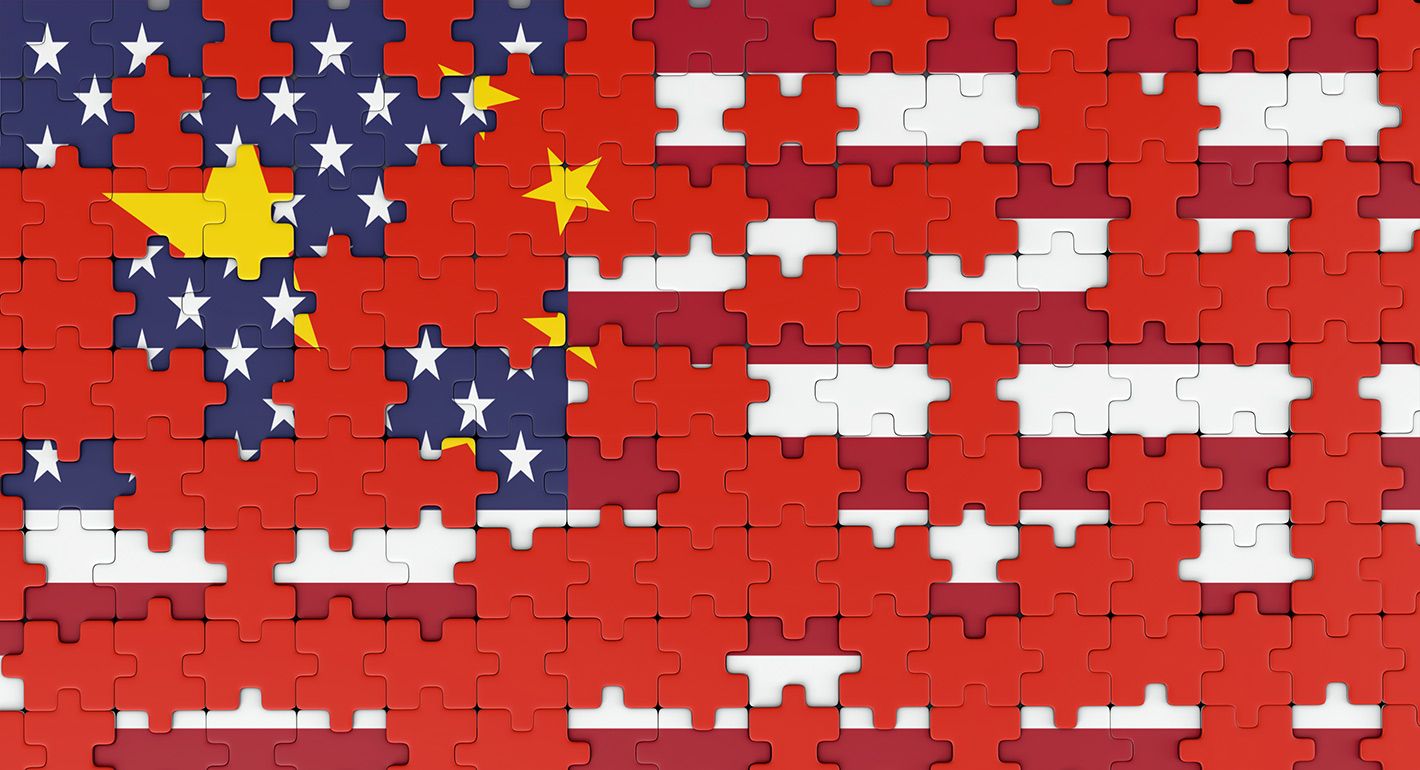Program
Tensions between the United States and China have made many strategists pessimistic about the future of their relationship. With the two powers competing in nearly every domain, there is a real risk of conflict over the next decade. If there is to be any possibility of stability in their relationship, we need a positive vision for how to get there. In the Carnegie Endowment’s new edited volume, ten experts present their ideas about positive and realistic scenarios for the U.S.-China relationship over the next decade.
How Can the U.S. and China Reach a Realistic Coexistence?
Growing U.S.-China tensions have generated a pessimistic vision for the future of the relationship. Christopher S. Chivvis explores how the United States and China might manage their competitive relationship without resorting to war.
Publication
U.S.-China Relations for the 2030s: Toward a Realistic Scenario for Coexistence
It has become difficult to imagine how Washington and Beijing might turn their relationship, which is so crucial to the future of world order, toward calmer waters. If there is to be any hope of doing so, however, policy experts need some realistic vision of what those calmer waters might look like.
